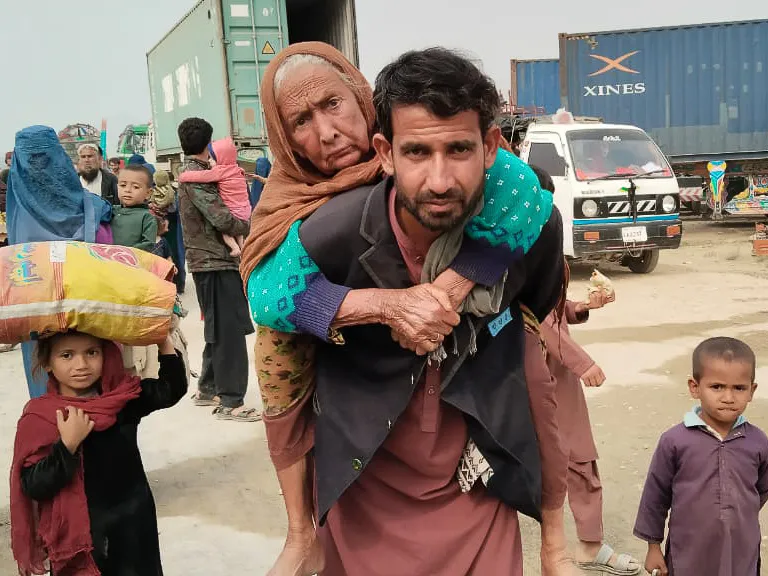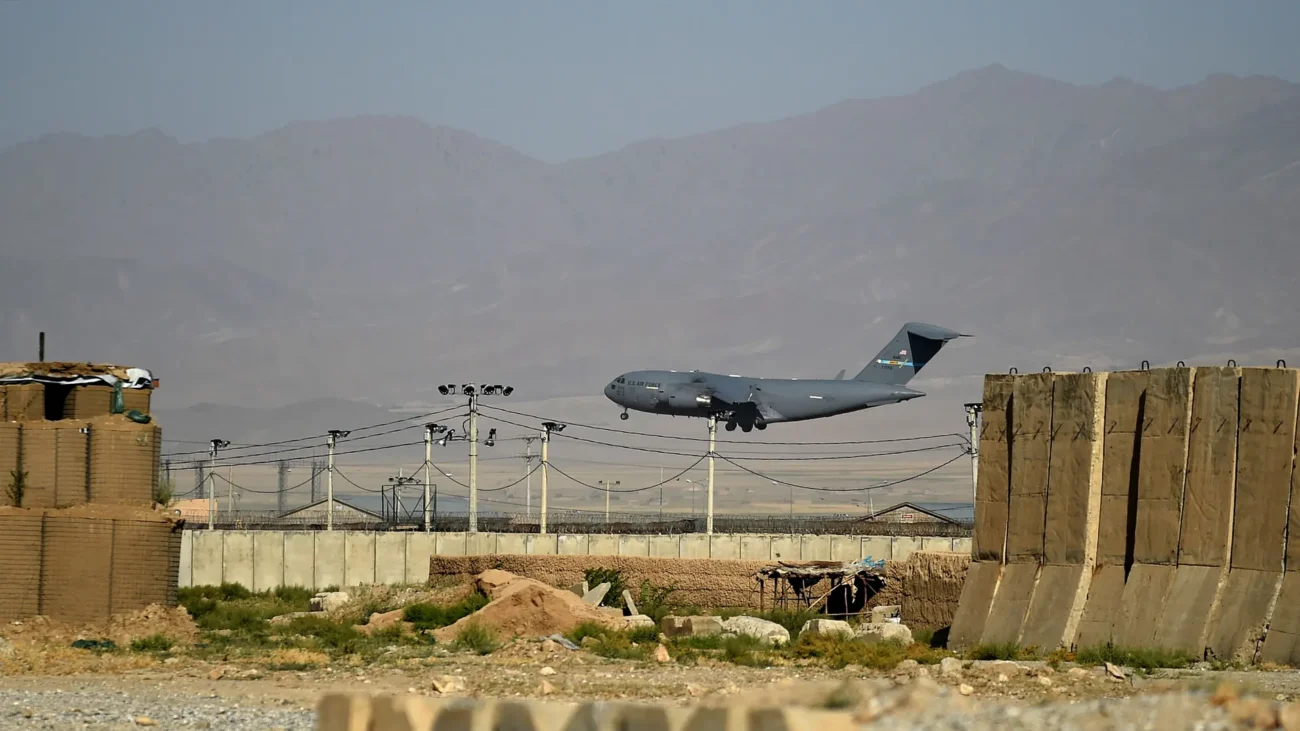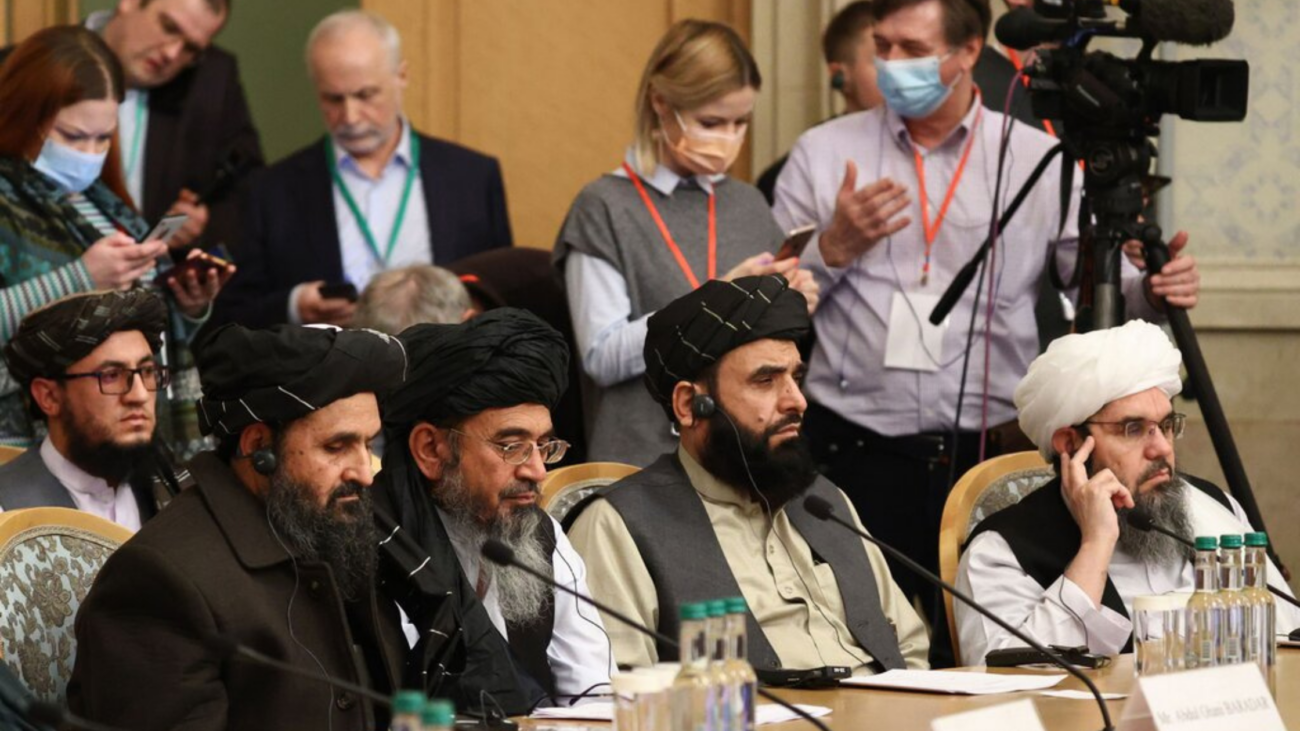Blog
Deporting Afghan refugees Won’t Make Pakistan Safer—It Will Make It Weaker

By Irfan Yar
For decades, Pakistan served as a reluctant but enduring sanctuary for Afghans fleeing war, repression, and foreign occupation. Today, it is forcing them out—often violently and without due process—triggering a humanitarian crisis that threatens to backfire economically, diplomatically, and in terms of regional security.
In recent months, the Pakistani government has ramped up efforts to expel undocumented Afghan refugees, citing national security and economic concerns. Authorities have detained thousands, including women and children, in sweeping raids across major cities. Footage of police dragging families from their homes has gone viral on social media, sparking domestic and international outcry.
But this crackdown is not merely a policy misstep—it’s a strategic error that risks undermining Pakistan’s stability and long-term interests.
The Security Rationale Doesn’t Hold
Islamabad claims that undocumented Afghans pose a threat to national security and law and order. Yet its own data undercuts this narrative. Interior ministry reports show Afghan involvement in crime remains negligible. In fact, Afghan refugees—registered or not—largely contribute to the economy through small businesses and informal labor, supporting entire local communities.
The crackdown may satisfy short-term political optics, but it fosters resentment and instability, particularly among Afghan youth uprooted from communities they’ve known for decades. In border regions, this could create new recruitment pools for militant groups like Tehrik-i-Taliban Pakistan (TTP), which thrive on marginalization and grievance.
Economic Self-Sabotage
Far from being a drain, Afghan refugees have helped build Pakistan’s urban and rural economies. Thousands of Afghan-owned businesses operate across Pakistan, employing locals and stimulating markets. Forced deportations are triggering economic disruption: shops shuttered overnight, property sold in distress, jobs lost. Entire supply chains—especially in border areas like Balochistan and Khyber Pakhtunkhwa—are being destabilized.
This is economic self-sabotage. At a time when Pakistan faces mounting fiscal challenges, alienating a labor force and dismantling micro-economies is both counterintuitive and reckless.
Undermining Pakistan’s Legacy—and Its Leverage
Since the Soviet invasion of Afghanistan in 1979, more than three million Afghans have sought refuge in Pakistan. While initially driven by Cold War geopolitics, Pakistan’s hospitality became part of its soft-power narrative in the Muslim world. That legacy is now in tatters.
Most Afghans in Pakistan have lived there for decades—many were born on its soil. Yet Islamabad has never offered them a path to citizenship, permanent residency, or consistent legal protection. Even those registered under UNHCR are regularly harassed. The rest, unable to register due to limited capacity and red tape, are now being scapegoated for their undocumented status.
This policy reversal not only damages Pakistan’s image abroad—it also erodes a key source of diplomatic leverage. Islamabad once believed that hosting millions of Afghans gave it influence over Kabul. But the Taliban government has publicly condemned the deportations, straining already fragile bilateral ties.
A Humanitarian and Moral Cost
Beyond strategy and geopolitics, the crackdown is a moral failure. Reports of night raids, family separations, and looting by police are now common. Deportees are often sent to Afghanistan without warning, legal recourse, or even time to collect belongings. Many are returning to a country they no longer recognize—ruled by a regime they never lived under, facing economic collapse, food insecurity, and political repression.
Pakistan Still Has a Choice
There is still time for Islamabad to reconsider. A more measured approach—focused on legal documentation, integration, and regional cooperation—would better serve both national and humanitarian interests. The international community, particularly donor nations and multilateral institutions, must also step up to support refugee-hosting countries like Pakistan.
But a policy of expulsion and scapegoating is a dead end. It will neither solve Pakistan’s internal challenges nor enhance its regional standing. Instead, it risks turning a refugee crisis into a security and diplomatic one of Pakistan’s own making.
Irfan Yar is a security Analyst and the founder of the Afghanistan Security Institute






